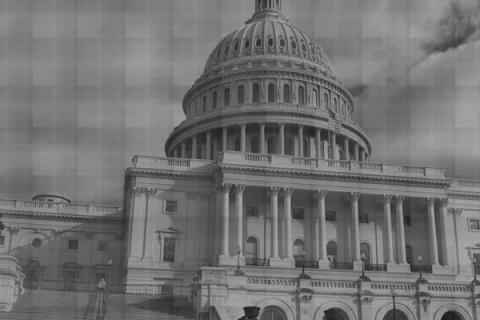Proposition 26 is facing a precedent-setting legal interpretation by the Los Angeles Superior Court as plastic manufacturer Hilex-Poly has filed suit against LA County this week over a local ordinance that bans the use of plastic carryout shopping bags. The plaintiffs, who include Hilex-Poly and individuals who have purchased their bags, claim that the service fee that stores must charge in order to provide recyclable bags to customers is actually a hidden tax.
Passed by voters in November of 2010, Prop 26 was meant to protect Californians from hidden taxes by broadening the definition of a tax to include certain fees, charges and tax revenue allocations that local governments had imposed without the consent of residents, or at least a simple majority of them. Under state law, a tax can only be levied for a specific purpose if it is approved by two-thirds of the people. Fees, on the other hand, do not require a supermajority vote and are legitimate in so far as they cover the cost of a service provided by the government.
The problem with the LA County ordinance, contends attorney for the Plaintiff Steve Merksamer, is that retailers are being forced to charge 10-cents per paper bag in order to cover costs associated with a government program that doesn't provide a direct service to the public.
"The county is requiring a 10-cent charge for a bag that stores used to give away for free," said Merksamer.
President of the California-based Small Business Action Committee Joel Fox provided details of the legal complaint in a recent blog post:
“Merksamer said the county thinks it insulated itself from the Prop 26 provisions because the retail stores collect the fee rather than a government entity. However, he says the ordinance requires the retailer to keep the money and do with it what the government tells it to do. Monies retained by the store can only be used for:
a) Costs associated with complying with the ordinance
b) Actual costs of providing recyclable paper bags
c) Educational materials or campaigns for reusable bags
“In addition, stores must report to the County on a quarterly basis the total number of recyclable paper bags provided and monies collected, as well as efforts undertaken to promote reuse and recycling.”
Merksamer's argument, in essence, is that the County is using retailers to promote its recycling program. Have LA County supermarkets become unwitting tax collectors for their local government? Are private corporations the proper agents for government “fee” collection? Merksamer is expecting a quick ruling on the matter of whether or not this is an example of the type of hidden tax that Prop 26 was designed to nullify.

